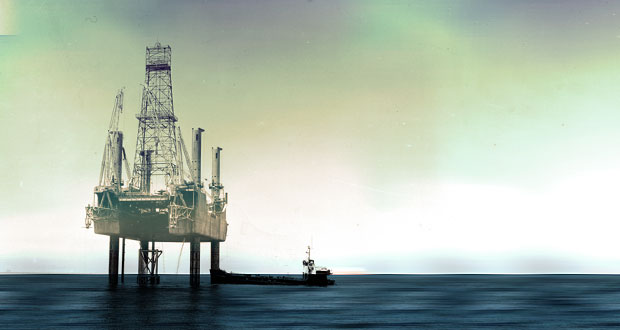IADC North Sea Chapter calls for more cooperative approach to UK energy transition

The IADC North Sea Chapter urged the Scottish and UK governments and all areas of the oil and gas industry to cooperate to better effect and ensure the sector takes a balanced, long-term approach to the energy transition. This comes in response to the North Sea Transition Authority (NSTA) stating that “a wave of new opportunities” for the UK’s offshore supply chain will be created following a study it conducted in conjunction with the Global Underwater Hub (GUH).
While IADC backs the report’s general findings, with oil and gas supporting 75% of the UK’s energy requirements, it believes a longer-term outlook is needed in order to secure jobs across the industry, stabilize the UK economy and ensure a safe transition to cleaner energy.
“The recently announced projects represent a fraction of what is truly needed to meet growing UK energy demands, as well as strengthen regional energy security, but frustratingly only amounts to minimal opportunities for drilling contractors,” said Darren Sutherland, IADC North Sea Chapter Chair. “The oil and gas industry is aware of the environmental need to change the way the sector operates. However, it is a process that is likely to take decades to achieve and will involve all areas of industry, including drilling contractors. The transition to cleaner energy has to be done safely, sensibly and securely in terms of the national economy, national energy supply and protection of jobs across the UK.
“We need to find the right balance across the industry to ensure we meet our goals,” he continued. “This is not about individual organizations profiting from the transition, it’s about ensuring we have a viable sector and burgeoning economy which will benefit the whole country. Different organizations have different priorities, but the priority of all should be to look at the lifecycle of the transition and the wider impact it will have.”
The call from IADC follows Offshore Energies UK (OEUK) saying more support was needed for supply chain companies to help sustain oil and gas activity while the UK works toward producing low-carbon energy.
“The North Sea continues to be a significant source of the UK’s energy supply, and drilling contractors are ready to work with operators and government to ensure that supply is not interrupted,” said IADC Regional Director Stuart Clow. “The experience, knowledge and ingenuity of workers from the far north of Scotland to the south of England is driving the energy transition in a similar way that generations before them built the oil and gas industry into the crucial economic driver it has become.
“We are already seeing a migration of drilling rigs and equipment to other areas of the world which in turn reduces drilling and decommissioning capability in the North Sea and other areas. Data shows more than 30 jackup rigs have migrated from Asia, the Americas and Europe to the Middle East over the past year. That is partly why encouraging business, responsibly developing all forms of energy and supporting the offshore supply chain in the North Sea are of the utmost importance.”




